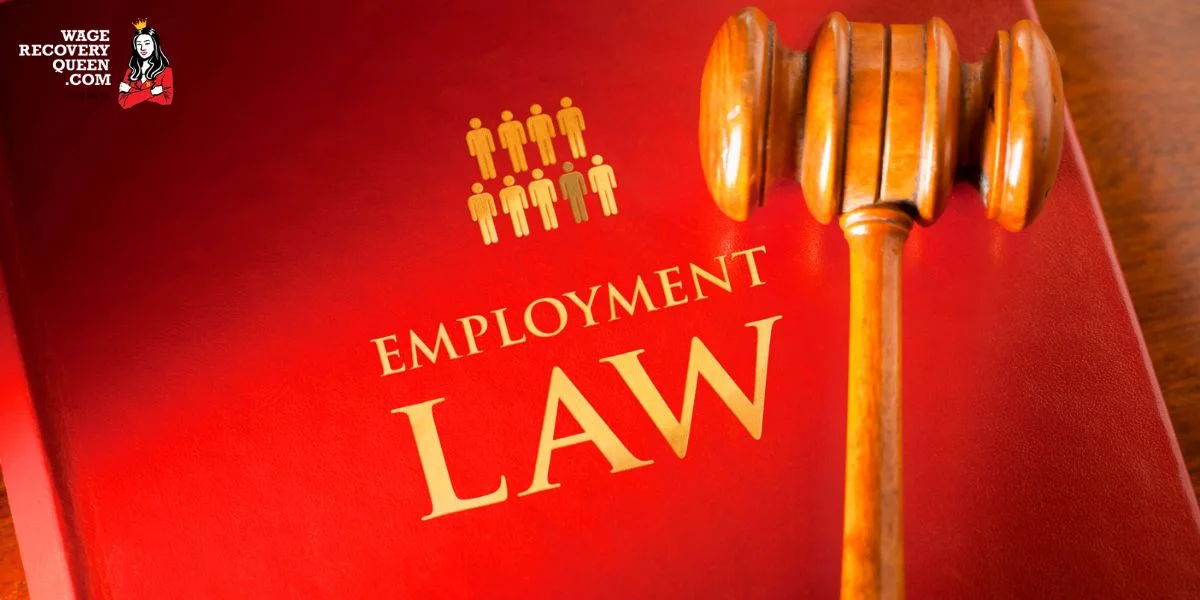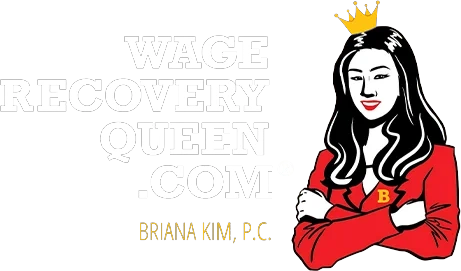La Mirada Employment Lawyer

- Passionate
- Perseverant
- Reputable
- Resilient
La Mirada Employment Attorney
In La Mirada and nearby regions, when you experience illegal treatment at work, you must learn about your rights and the legal protections you can access. A La Mirada employment lawyer at Briana Kim, PC, offers detailed legal representation for employees who experience workplace discrimination, retaliation, unpaid wages, and other employment law violations. We customize our strategy to fit your specific situation so we can address your individual needs completely.

Why Choose Briana Kim, PC?
Our team at Briana Kim, PC, designs legal strategies tailored to your individual circumstances. We can review your employment records and gather any documentation related to your work history. Whenever needed and accessible, we can interview witnesses to back up your claims. We aim to establish a robust case that truthfully showcases the wrongs you have endured.
Understanding Employment Discrimination
An employer engages in employment discrimination in La Mirada by taking negative actions against an employee based on protected characteristics, including race, sex, age, disability status, pregnancy status, sexual orientation, religion, national origin, and genetic information. The Fair Employment and Housing Act (FEHA) offers comprehensive protection against discriminatory practices in California.
In Fiscal Year 2024, the U.S. The Equal Employment Opportunity Commission (EEOC) processed 88,531 new discrimination claims, which showed a substantial increase compared to the prior year.
The California Civil Rights Department (CRD) documented 29,877 intake cases in 2023 that featured 14,982 “right-to-sue” complaints, demonstrating the persistent difficulties employees encounter in the state.
The EEOC’s Los Angeles District Office handles federal employment discrimination complaints for the region, including La Mirada.
Retaliation
Employees face widespread retaliation when they assert their workplace rights. Managers may respond with unwarranted disciplinary write-ups, demotions, reduced work hours, or termination as a means of retaliation. Retaliation often occurs when employees ask for workplace accommodations, inquire about FMLA/CFRA leave rights, or report incidents of workplace discrimination or harassment.
The EEOC’s 2024 Annual Performance Report demonstrates that retaliation remains the leading claim in discrimination cases while highlighting the importance of strict enforcement of employee rights.
Wage and Hour Violations
Businesses must legally compensate their workers with minimum wages according to local laws and industry standards while providing scheduled meal and rest breaks and paying for all work hours, including overtime.
One of the most prevalent violations occurs when employers misclassify workers as exempt and salaried to evade overtime payment requirements. The U.S. Department of Labor recognizes misclassification as a major problem that impacts workers’ rights and protections for wage and hour violations in La Mirada.
Pregnancy and Family Leave Rights
The California legal system delivers extensive protections for working mothers and employees who require family leave time. The California Family Rights Act (CFRA) guarantees eligible employees 12 weeks off work to care for family members or heal from medical conditions. The Pregnancy Disability Leave (PDL) law provides employees with access to leave without requiring any qualification period.
Employees who qualify under the Family and Medical Leave Act (FMLA) receive permission to take time off work to establish childcare plans for the children of military personnel. When employers reject approved leave requests or neglect to inform employees about their leave privileges, they commit violations that result in legal conflicts.
Sexual Harassment
Workplace sexual harassment involves unwanted sexual behavior, including sexually inappropriate remarks or advances that create a hostile work environment. Workplace sexual harassment can involve inappropriate behavior from coworkers, supervisors, managers, employers, and clients.
According to California law, employees are protected from hostile work environments and quid pro quo harassment. This includes threats to withhold opportunities unless sexual favors are provided, promises to provide opportunities if favors are granted, and retaliation after rejecting sexual advances.
Wrongful Termination
Wrongful termination happens when employers dismiss employees against public policy standards or established workplace rules, or because they participated in an activity protected by law. Examples of wrongful termination include firing an employee who refuses illegal activity participation, seeks FMLA or CFRA-protected leave, reports workplace harassment or discrimination, or takes paternity or pregnancy leave.
How a Lawyer Can Help
Our team at Briana Kim, PC, can craft a case-specific legal strategy tailored to resolve your situation. We can review your employment records, gather all relevant employment history documentation, and conduct witness interviews to support your claims if they prove necessary and if witnesses are available. We can also assist in negotiating a severance package or increasing the amount of severance offered.
We strive to create a powerful legal case that precisely represents the unfair treatment you’ve experienced.
FAQs
How Much Does an Employment Lawyer Cost in California?
The cost of hiring an employment lawyer in California is determined by various factors, including the intricacy of your case and the lawyer’s fee structure. Certain lawyers may take on cases on a contingency basis, which means payment is only due if you win or settle, while others may operate on an hourly basis. Many offer consultations to go over your legal options and possible costs.
Should I Tell HR I’m Getting a Lawyer?
The choice to tell HR that you are getting a lawyer depends on the specific circumstances of your case. Contacting HR about your concerns can lead to them receiving heightened attention from the organization. If you inform your employer too soon, it can influence their response and research process. Consulting with an attorney to understand your rights and create a strategy should come before you inform your employer.
What Is the Difference Between an Employment Lawyer and a Labor Lawyer?
Employment lawyers represent individuals in legal battles against their employers on issues like discrimination cases and wrongful dismissal claims. Labor lawyers commonly address matters related to unions and collective bargaining, as well as managing labor relations. Employment law focuses primarily on protecting the rights of individual workers, while labor law addresses the collective interactions of unions and workers in unionized workplaces.
What Evidence Is Helpful in an Employment Case?
Helpful evidence in an employment case includes performance evaluations, schedules, pay documentation, disciplinary notices, leave requests, and any relevant emails or text communications. Available witnesses who provide testimony can also help validate your arguments. When building a strong case-specific legal strategy with your attorney, collecting and preserving this information early becomes essential.
Contact Briana Kim, PC, Today
If you need assistance in employment law issues, Briana Kim, PC, can help. Contact us today to get started and uphold your rights.




